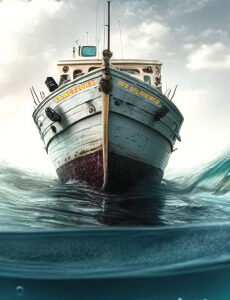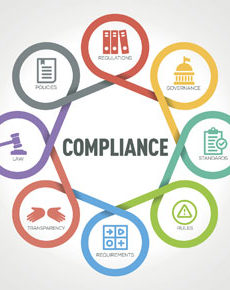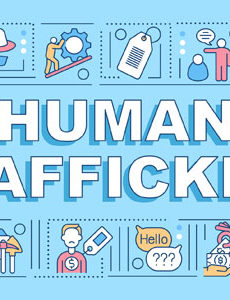
The Rising Demand for AML Specialists
The global COVID-19 pandemic had widespread consequences. International lockdowns and subsequent work-from-home mandates created an unprecedented increase in financial crime, leading to a rising demand for anti-money laundering (AML) specialists. This has been primarily driven by continuous changes in technology, where security measures may not...















